Unlocking a world of wisdom and vitality, this article challenges common misconceptions about growing older. Embrace the journey of aging as we debunk 15 stereotypes that unfairly limit and label seniors.
Age is not a barrier; it’s an opportunity to break free from outdated ideas and discover the vibrant reality of life beyond the numbers. Let’s embrace the beauty of every chapter because, after all, age is just a number!
Older People Aren’t As Healthy

One of the most common ageism stereotypes is the belief that aging inevitably leads to poor health and incapacity. While it is true that health challenges can increase with age, many older adults maintain vibrant health, remain active, and lead fulfilling lives. Age should not be equated with frailty.
Older Workers Are Less Productive

Another harmful stereotype is the assumption that older workers are less productive or adaptable. More senior employees bring experience, wisdom, and a strong work ethic, which can be valuable assets for any organization.
Younger People Are Tech-Savvy, Older People Are Not

The idea that older generations struggle with technology while younger generations excel is an unfair stereotype. Many older adults are proficient with smartphones, computers, and digital tools. Age should not determine one’s tech skills.
Older People Are Set in Their Ways

Stereotyping older adults as rigid or resistant to change is a misconception. Many older individuals are open to new experiences, learning, and adapting to evolving circumstances.
Older People Are All Grandparents
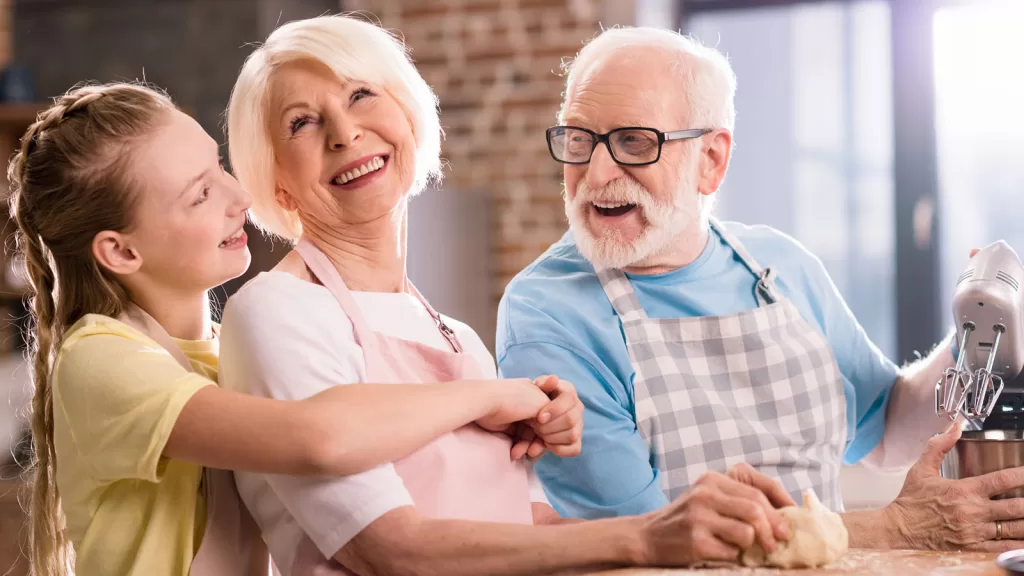
Assuming that all older adults are grandparents or strongly desire to become one is an oversimplification. Not every older person has children or grandchildren, and they lead diverse lives beyond their familial roles.
Young People Are Lazy and Entitled

Conversely, it is unfair to label younger generations as lazy or entitled. Today’s youth face unique challenges and pressures; many demonstrate remarkable drive, ambition, and social responsibility.
Older Adults Don’t Know Technology
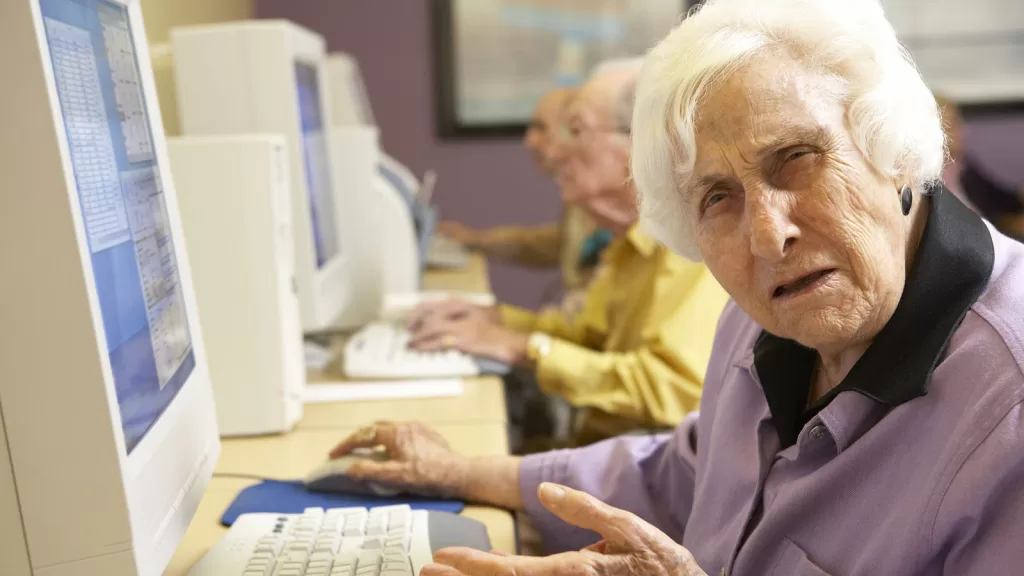
Contrary to the stereotype that older adults are isolated from the digital world, many use technology to stay connected with loved ones, access information, and engage in online communities.
Younger People Lack Life Experience

Dismissing the life experiences of younger individuals is a common stereotype. While they may not have as many years, young people can possess profound insights and wisdom gained from their unique experiences.
Older Adults Are Uninterested in Romance

Ageism often leads to the belief that older adults are no longer interested in romantic relationships. Many seniors actively seek and enjoy love, companionship, and intimate relationships.
Younger People Don’t Value Tradition
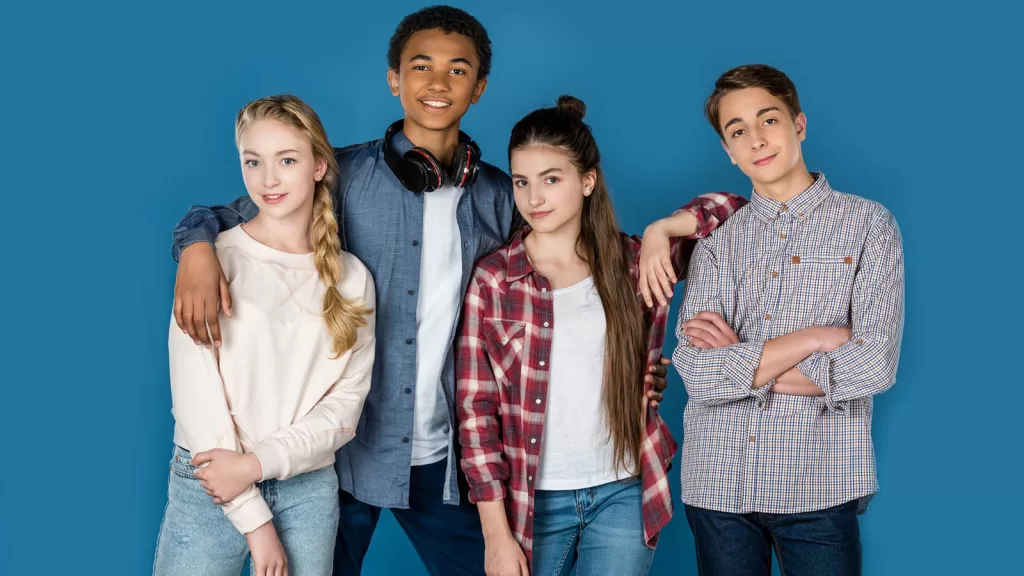
Stereotyping younger generations as dismissive of tradition is an oversimplification. Many young people respect and appreciate tradition while pushing for positive change and innovation.
Older Adults Don’t Want to Learn New Things

Assuming that older adults are disinterested in learning new skills or acquiring new knowledge is an unfounded stereotype. Lifelong learning is common among seniors who engage in various educational activities.
Young People Are Irresponsible with Money
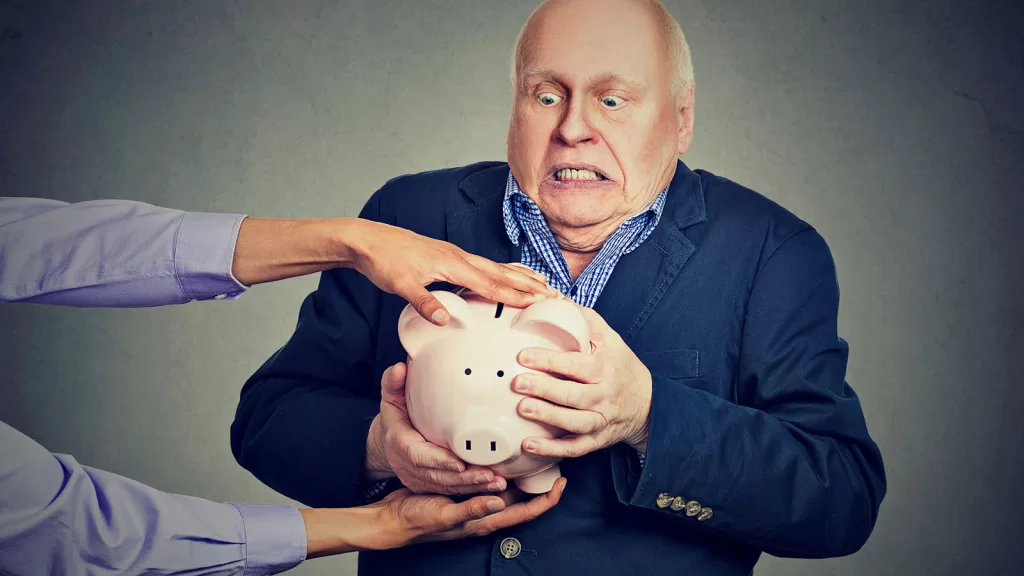
Portraying younger individuals as financially irresponsible is an unfair generalization. Many young people are financially savvy, budget-conscious, and plan for their future.
Older Adults Can’t Be Creative

Ageism often undermines the creative potential of older adults. Many older individuals express themselves through art, music, writing, and other creative outlets.
Young People Don’t Care About History

Assuming that young people are disinterested in history is a misconception. Many are passionate about understanding the past and its impact on the present and future.
Older Adults Are Socially Isolated
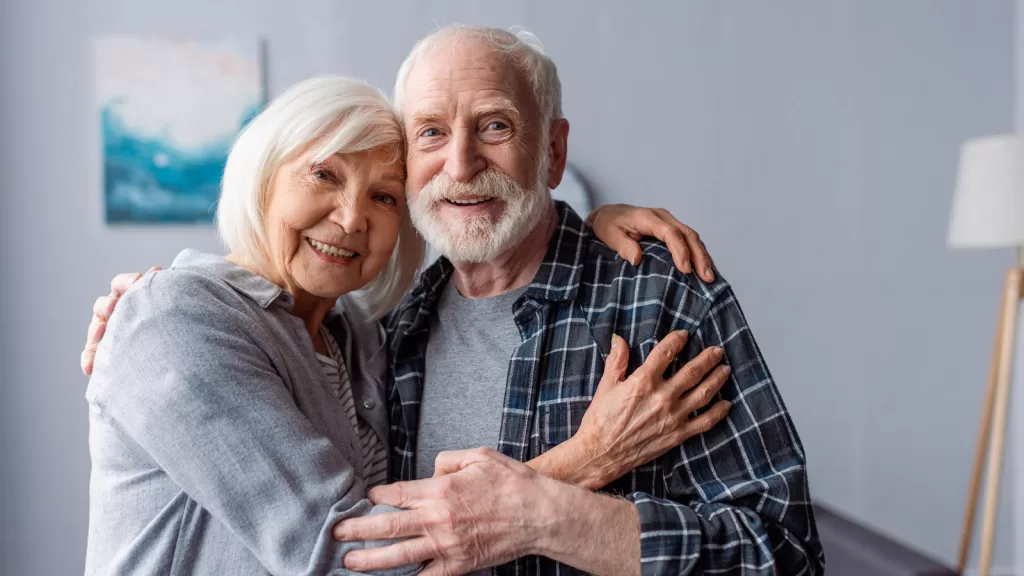
While some older adults may experience social isolation, it is not a universal truth. Many seniors maintain active social lives, engage in communities, and enjoy fulfilling relationships.



